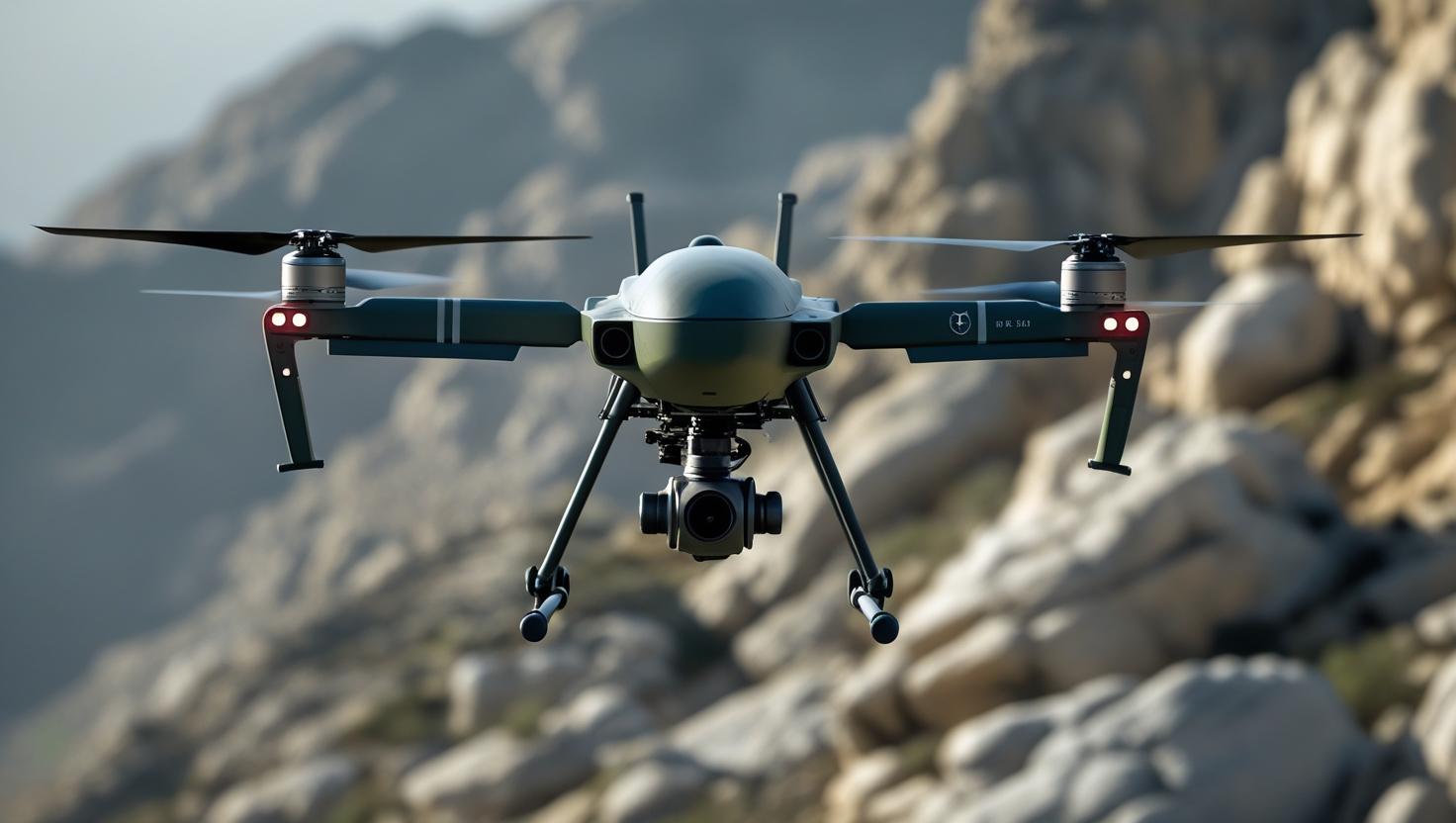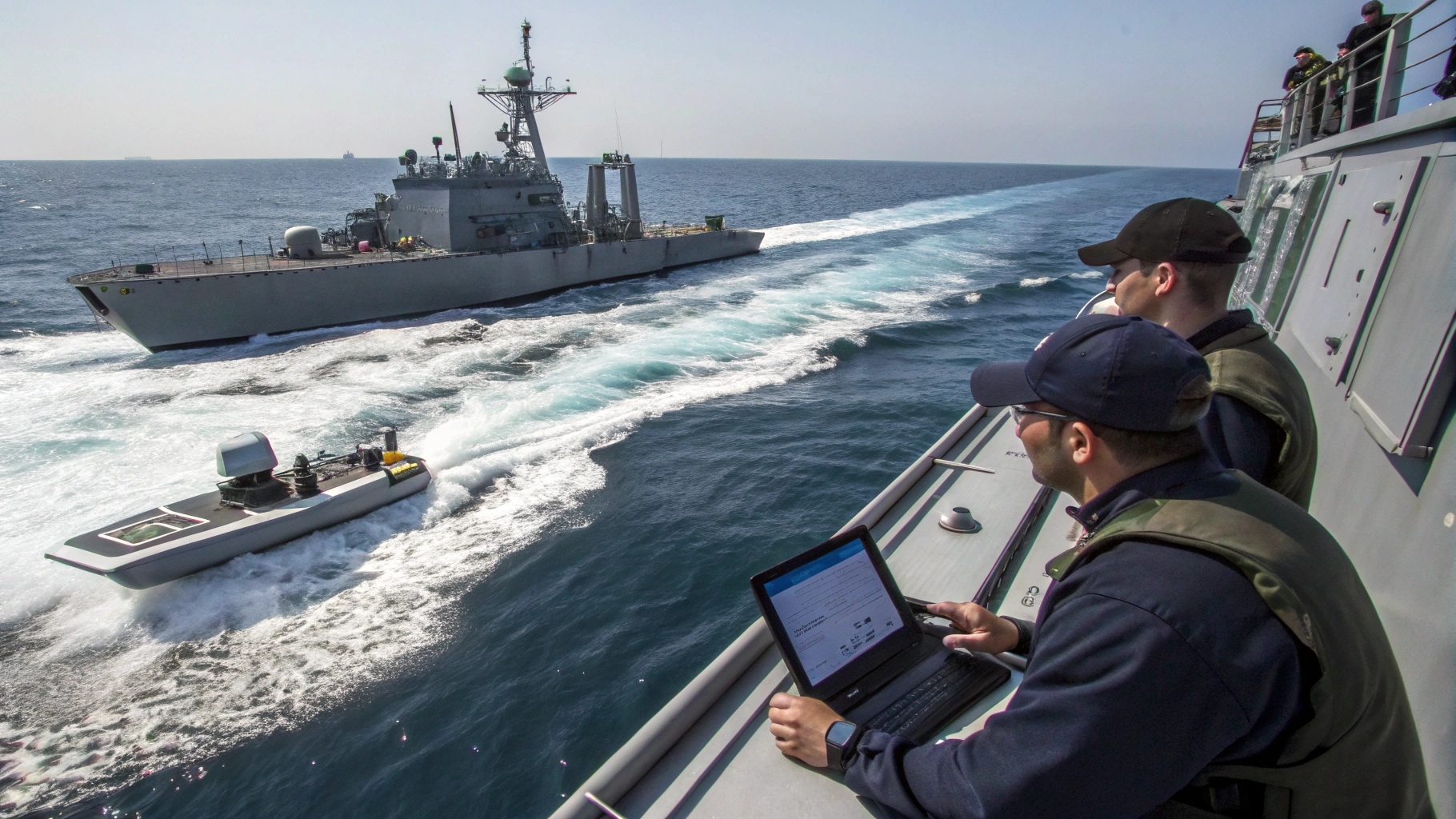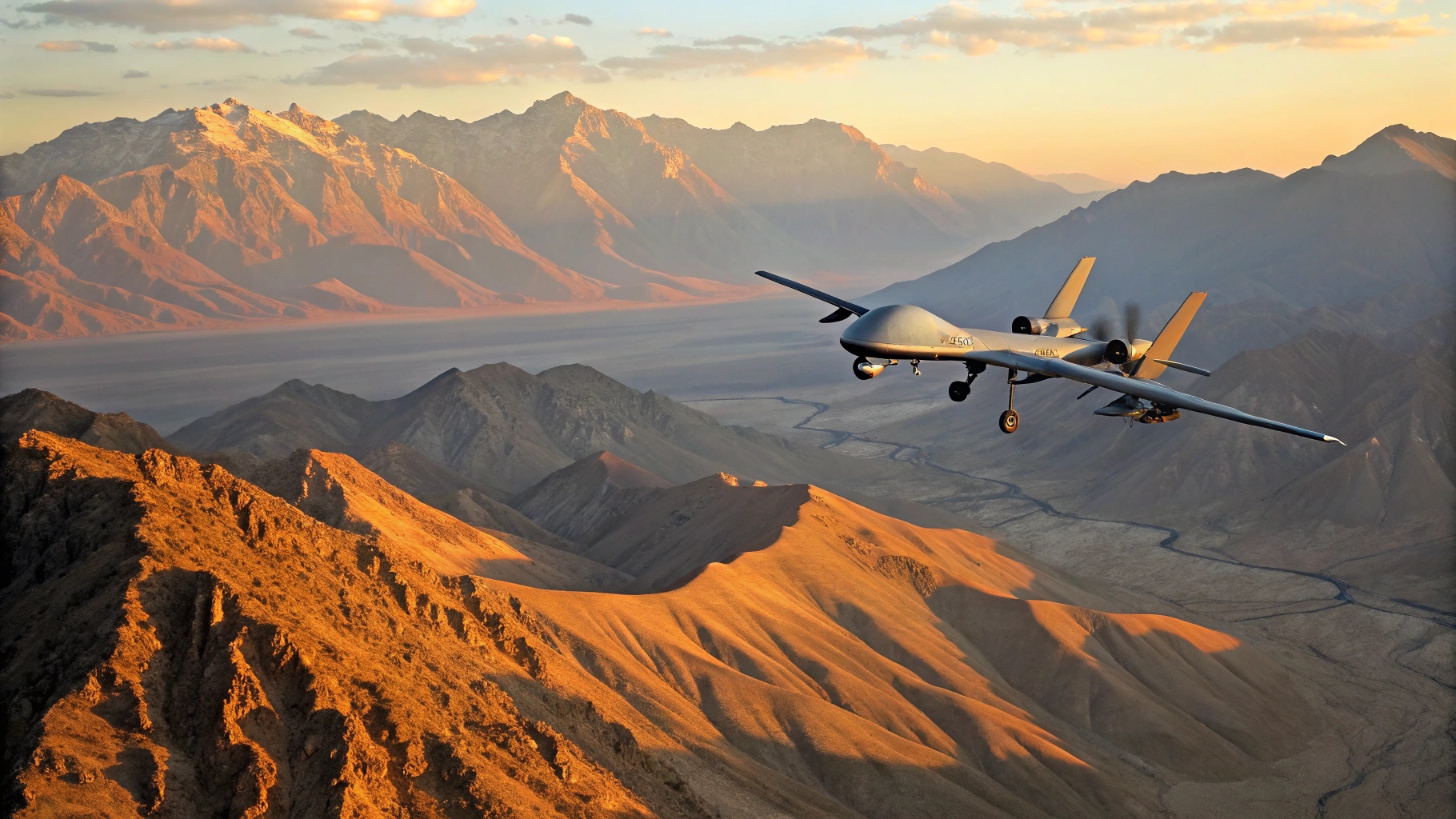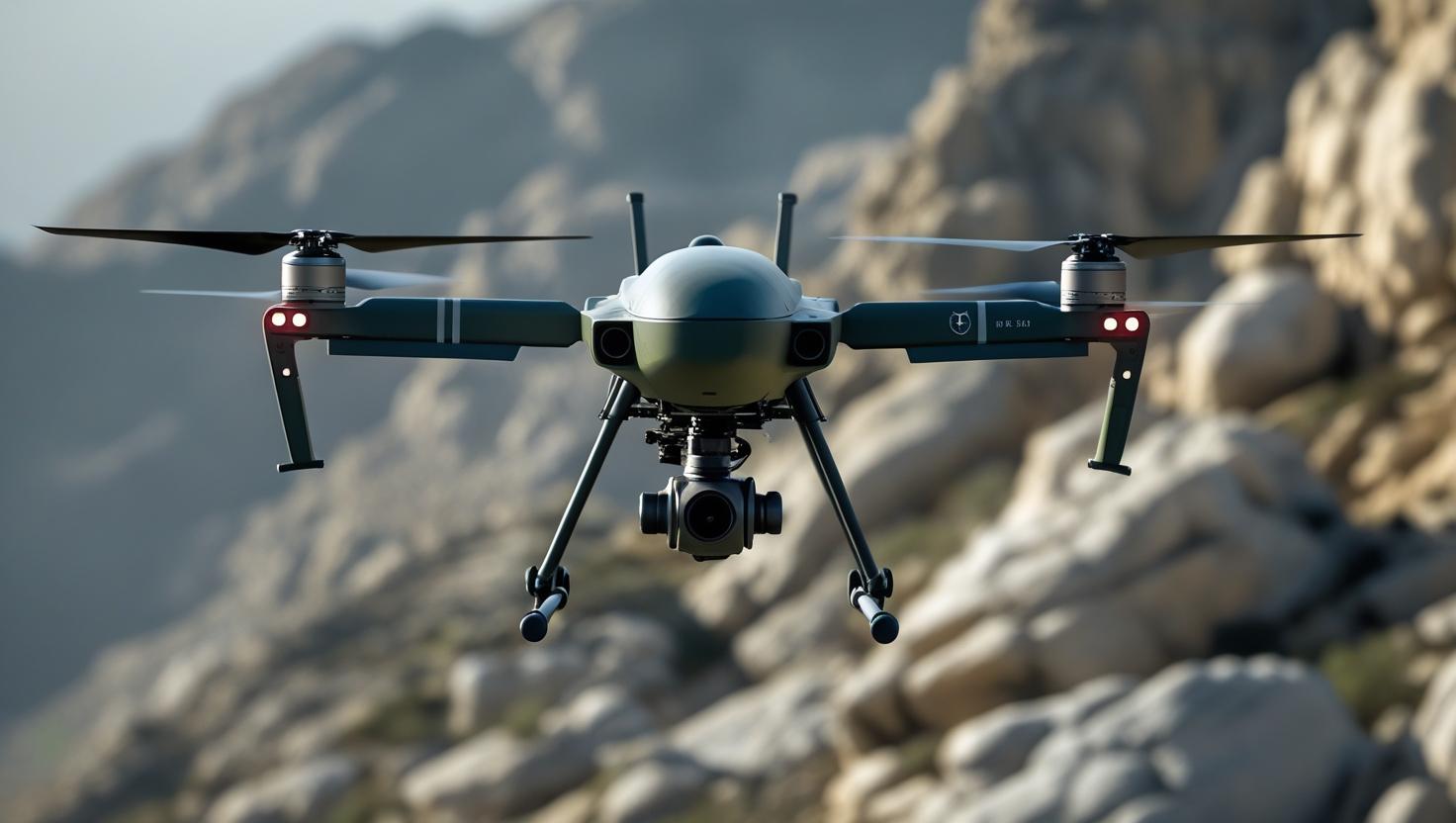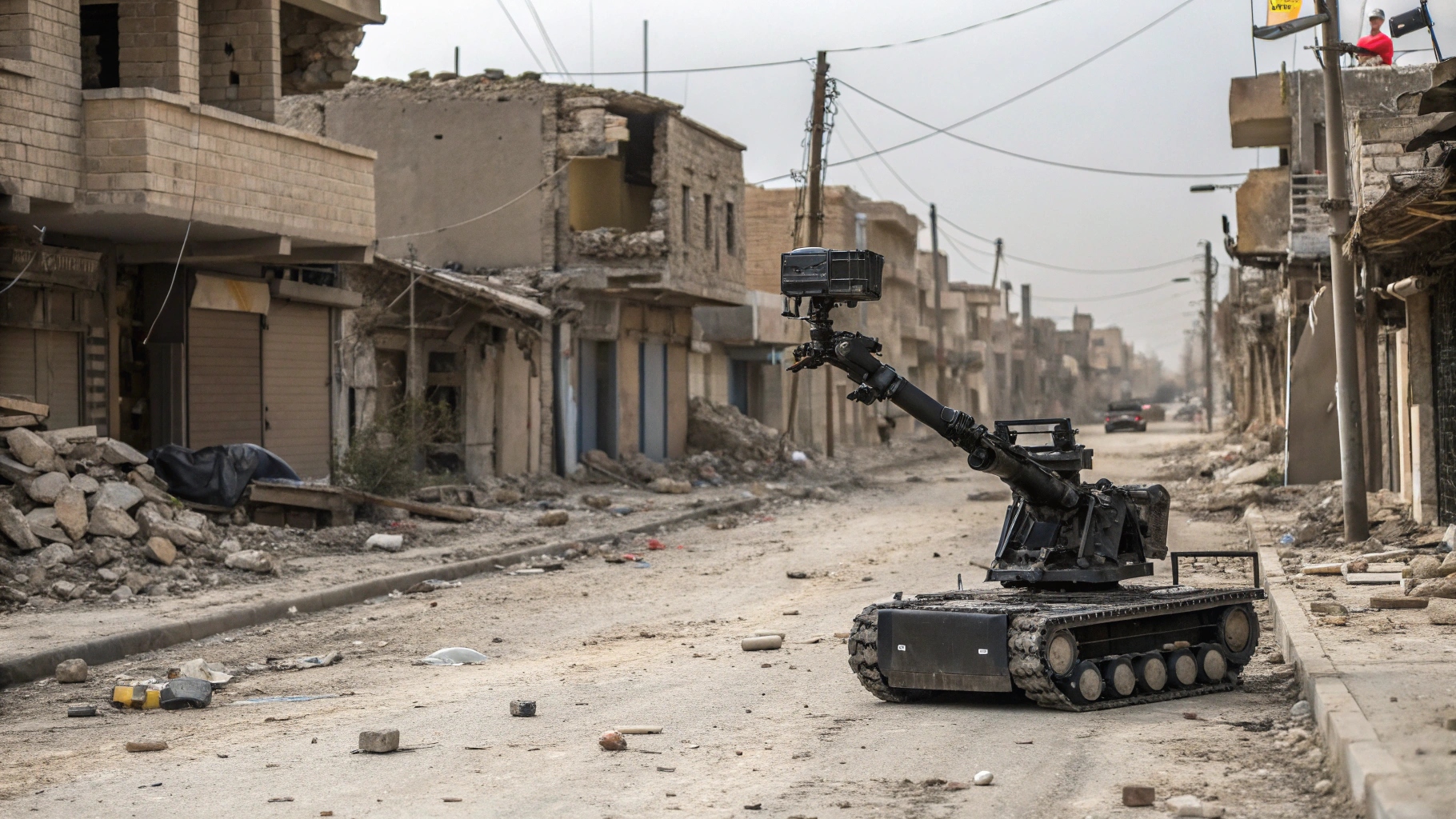
The Japan Ground Self-Defense Force (JGSDF) has started field trials of two European-developed unmanned ground vehicles (UGVs) as part of its ongoing efforts to expand automation and robotic integration in ground operations. The testing phase includes Rheinmetall’s Mission Master SP and Milrem Robotics’ THeMIS, both recognized globally for their modular, mission-flexible designs.
The trials are intended to assess the vehicles’ suitability across a range of missions, from reconnaissance and logistics to combat support. Japan’s growing interest in unmanned systems comes as neighboring powers such as China and South Korea accelerate development of autonomous military platforms. Another driving factor is Japan’s shrinking population, which may limit future recruitment for its defense forces, prompting Tokyo to turn toward unmanned technologies to sustain operational effectiveness.
According to Japan’s defense procurement agency, it is “important to promote automation, labor saving, and optimization” through UGV adoption. In 2024, the JGSDF procured three Mission Master SP units and three THeMIS platforms for evaluation. The Mission Master SP, an electric-powered, low-signature vehicle, has been configured for cargo transport, surveillance, and remote weapon operations. It can traverse water at 6 km/h and reach 40 km/h on land, while carrying payloads up to 1,000 kilograms.
The Milrem THeMIS, meanwhile, features a tracked chassis capable of operating up to eight hours at speeds of 20 km/h. It supports a range of payloads, including machine guns and anti-tank missiles, making it suitable for high-endurance missions and heavy-lift operations. The vehicle’s base payload capacity is 750 kilograms, extendable to 1,200 kilograms, allowing flexibility for diverse mission profiles. Together, these trials mark a pivotal step in Japan’s push to integrate unmanned ground systems into its future land warfare doctrine.


